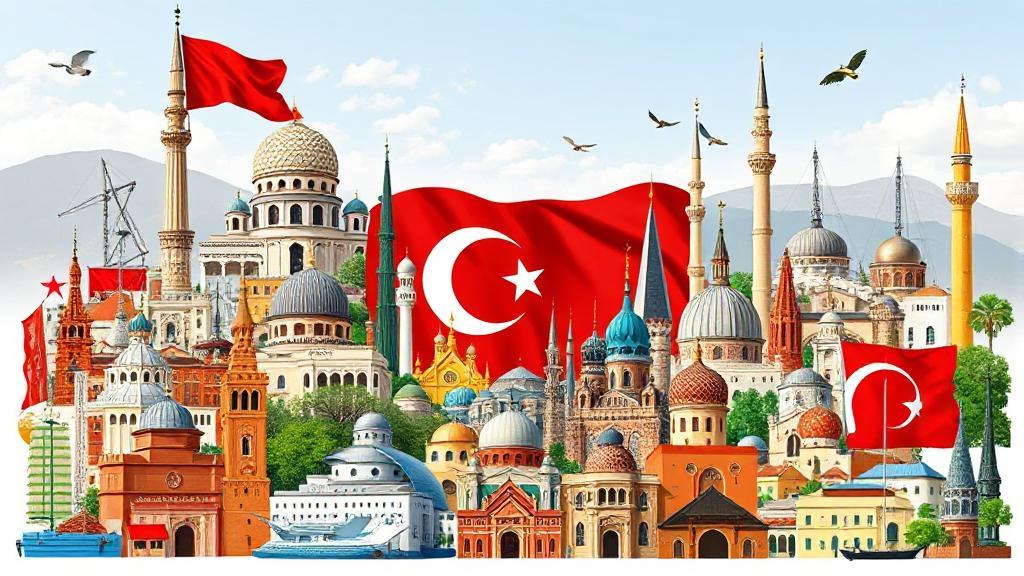Understanding the Official Language of Turkey
Turkish (Türkçe) is the official language of Turkey, spoken by approximately 80 million people worldwide. As a member of the Turkic language family, it originated in the Altai Mountains region and has evolved through centuries of cultural exchange and migration.
Historical Background
The roots of Turkish trace back to the Oghuz Turks, who migrated from Central Asia to Anatolia around the 11th century. During the Ottoman Empire, the language of administration and literature was Ottoman Turkish, a complex mixture of Turkish, Arabic, and Persian written in Arabic script.
The Language Reform
The most significant transformation came with Mustafa Kemal Atatürk's reforms in 1928. This language reform replaced the Arabic script with the Latin alphabet, dramatically increasing literacy rates and making the language more accessible to the general population.
Characteristics of Modern Turkish
Turkish is an agglutinative language, forming words through the addition of suffixes. Key features include:
- 29 letters in the Turkish alphabet
- Vowel harmony system
- No silent letters
- Subject-Object-Verb word order
- Gender-neutral pronouns
- No grammatical gender
"The Turkish language is like a flowing river, carrying the culture and history of its people through time." - Turkish proverb
Turkish in Education and Media
The Turkish Language Association (Türk Dil Kurumu) regulates the language and maintains its integrity. Education is conducted primarily in Turkish, and it's a compulsory subject in schools. The language has successfully adapted to the digital age with:
International Recognition and Usage
Turkish is officially recognized in:
- Turkey
- Cyprus (co-official)
- Several Balkan regions
Significant Turkish-speaking communities exist in:
- Germany
- Netherlands
- Belgium
- Austria
- France
Language Protection and Promotion
The government actively promotes Turkish through various initiatives:
Cultural Programs
- International Turkish Language Olympiads
- Turkish cultural centers abroad
- Exchange programs
- Language courses for foreigners
Learning Resources
For those interested in learning Turkish, several resources are available:
- Duolingo
- Babbel
- Turkish Class
- Language exchange programs
Turkish continues to evolve while maintaining its distinctive characteristics, serving as a bridge between East and West. Understanding Turkish provides invaluable insights into Turkey's rich cultural heritage and its people's worldview.
